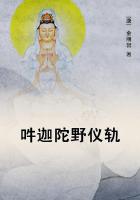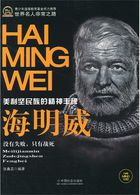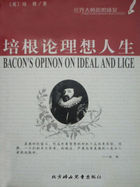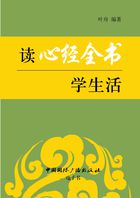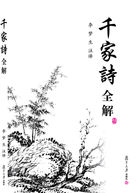183. Let the conqueror have as much justice on his side as could be supposed, he has no right to seize more than the vanquished could forfeit; his life is at the victor's mercy, and his service and goods he may appropriate to make himself reparation; but he cannot take the goods of his wife and children, they too had a title to the goods he enjoyed, and their shares in the estate he possessed. For example, I in the state of Nature (and all commonwealths are in the state of Nature one with another) have injured another man, and refusing to give satisfaction, it is come to a state of war wherein my defending by force what I had gotten unjustly makes me the aggressor. I am conquered; my life, it is true, as forfeit, is at mercy, but not my wife's and children's. They made not the war, nor assisted in it. I could not forfeit their lives, they were not mine to forfeit. My wife had a share in my estate, that neither could I forfeit. And my children also, being born of me, had a right to be maintained out of my labour or substance. Here then is the case: The conqueror has a title to reparation for damages received, and the children have a title to their father's estate for their subsistence. For as to the wife's share, whether her own labour or compact gave her a title to it, it is plain her husband could not forfeit what was hers. What must be done in the case? I answer: The fundamental law of Nature being that all, as much as may be, should be preserved, it follows that if there be not enough fully to satisfy both- viz., for the conqueror's losses and children's maintenance, he that hath and to spare must remit something of his full satisfaction, and give way to the pressing and preferable title of those who are in danger to perish without it.
184. But supposing the charge and damages of the war are to be made up to the conqueror to the utmost farthing, and that the children of the vanquished, spoiled of all their father's goods, are to be left to starve and perish, yet the satisfying of what shall, on this score, be due to the conqueror will scarce give him a title to any country he shall conquer. For the damages of war can scarce amount to the value of any considerable tract of land in any part of the world, where all the land is possessed, and none lies waste. And if I have not taken away the conqueror's land which, being vanquished, it is impossible I should, scarce any other spoil I have done him can amount to the value of mine, supposing it of an extent any way coming near what I had overrun of his, and equally cultivated too. The destruction of a year's product or two (for it seldom reaches four or five) is the utmost spoil that usually can be done. For as to money, and such riches and treasure taken away, these are none of Nature's goods, they have but a phantastical imaginary value; Nature has put no such upon them. They are of no more account by her standard than the Wampompeke of the Americans to an European prince, or the silver money of Europe would have been formerly to an American. And five years' product is not worth the perpetual inheritance of land, where all is possessed and none remains waste, to be taken up by him that is disseised, which will be easily granted, if one do but take away the imaginary value of money, the disproportion being more than between five and five thousand; though, at the same time, half a year's product is more worth than the inheritance where, there being more land than the inhabitants possess and make use of, any one has liberty to make use of the waste. But their conquerors take little care to possess themselves of the lands of the vanquished. No damage therefore that men in the state of Nature (as all princes and governments are in reference to one another) suffer from one another can give a conqueror power to dispossess the posterity of the vanquished, and turn them out of that inheritance which ought to be the possession of them and their descendants to all generations. The conqueror indeed will be apt to think himself master; and it is the very condition of the subdued not to be able to dispute their right. But, if that be all, it gives no other title than what bare force gives to the stronger over the weaker; and, by this reason, he that is strongest will have a right to whatever he pleases to seize on.
185. Over those, then, that joined with him in the war, and over those of the subdued country that opposed him not, and the posterity even of those that did, the conqueror, even in a just war, hath, by his conquest, no right of dominion. They are free from any subjection to him, and if their former government be dissolved, they are at liberty to begin and erect another to themselves.
186. The conqueror, it is true, usually by the force he has over them, compels them, with a sword at their breasts, to stoop to his conditions, and submit to such a government as he pleases to afford them; but the inquiry is, what right he has to do so? If it be said they submit by their own consent, then this allows their own consent to be necessary to give the conqueror a title to rule over them. It remains only to be considered whether promises, extorted by force, without right, can be thought consent, and how far they bind. To which I shall say, they bind not at all; because whatsoever another gets from me by force, I still retain the right of, and he is obliged presently to restore. He that forces my horse from me ought presently to restore him, and I have still a right to retake him. By the same reason, he that forced a promise from me ought presently to restore it- i.e., quit me of the obligation of it; or I may resume it myself- i.e., choose whether I will perform it. For the law of Nature laying an obligation on me, only by the rules she prescribes, cannot oblige me by the violation of her rules; such is the extorting anything from me by force. Nor does it at all alter the case, to say I gave my promise, no more than it excuses the force, and passes the right, when I put my hand in my pocket and deliver my purse myself to a thief who demands it with a pistol at my breast.





